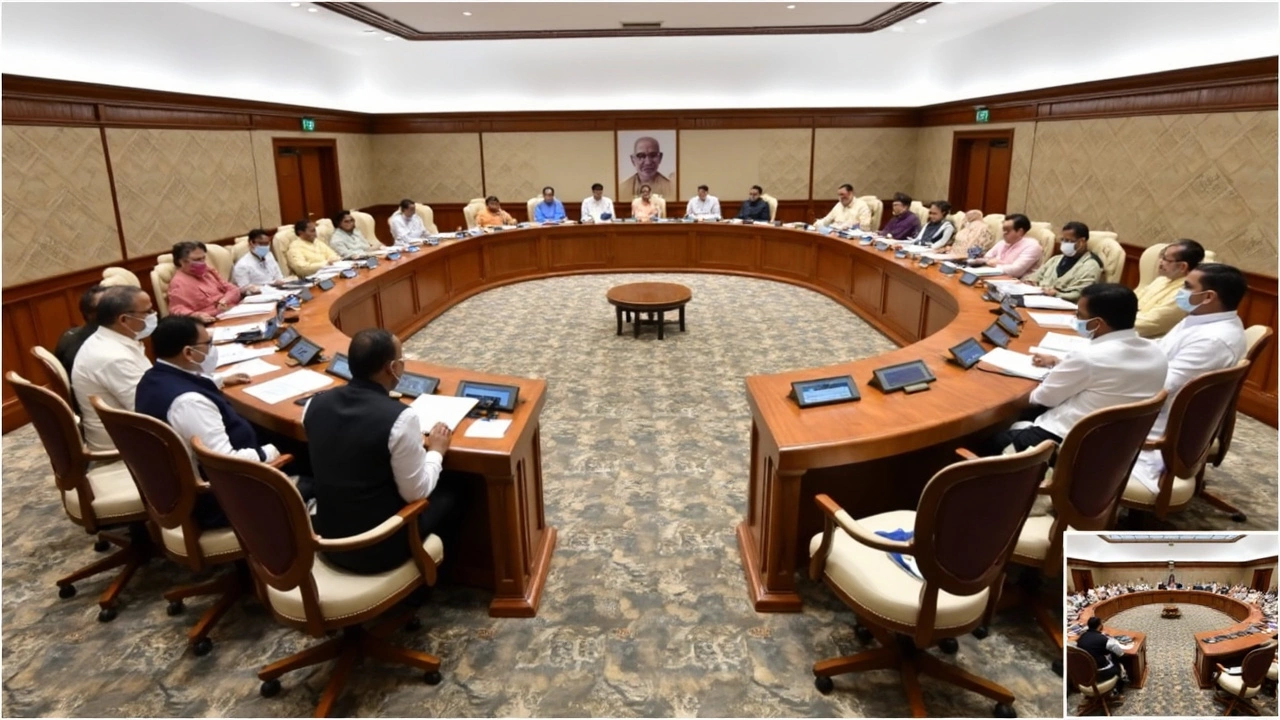India's Push for a Simpler Tax Code
Imagine having to wade through pages and pages of old tax law—most Indians who file taxes can relate. That’s about to get a lot easier with the new Income Tax Bill 2025, just approved by the Union Cabinet. This isn’t just another tweak. The bill aims to throw out the nearly 65-year-old Income Tax Act of 1961 and swap it with a much leaner system. The main goal? Make tax laws readable, reduce trips to court, and get everyone on board without confusion.
This new bill, which hit Parliament on February 13, 2025, is nearly half as long as the original. Legal jargon has been swapped for straightforward language. Of course, changing tax law isn’t just about making it short—it’s about making it clear. For example, immediate tax breaks and deductions are now highlighted in the bill, so you’re not left guessing (or relying on your accountant's interpretation) about what you’re eligible for.
Big Changes: Digital Assets Included, Litigation Down
Here’s something new: digital currencies and other virtual assets like cryptocurrencies are finally part of the official tax conversation. The new law expands what counts as ‘undisclosed income,’ and yes, that Bitcoin investment you forgot to mention could now fall under this. By folding in digital assets, the bill recognizes how money—and tax evasion—have changed since the 1960s.
But the Income Tax Bill 2025 isn’t about slapping on new taxes. It keeps current rates and the basic structure the same. What’s really different is how the government will handle disputes and compliance. The new approach pushes for ‘faceless assessments’—meaning tax officers and taxpayers won’t have direct contact, which should help cut down on bribery and favoritism. And for the first time, the government can tweak tax limits through executive orders, rather than waiting for Parliament’s approval every time. That could help tax rules keep up with a fast-moving economy.
A whopping 285 recommendations came from the Lok Sabha Select Committee—showing just how seriously Parliament is taking feedback. Lawmakers want to fine-tune the text before it goes live. There’s plenty of work before everything is in place, but the aim is clear: get the new rules up and running from April 1, 2026, so Indians can file taxes under a system that finally matches the world we live in.
